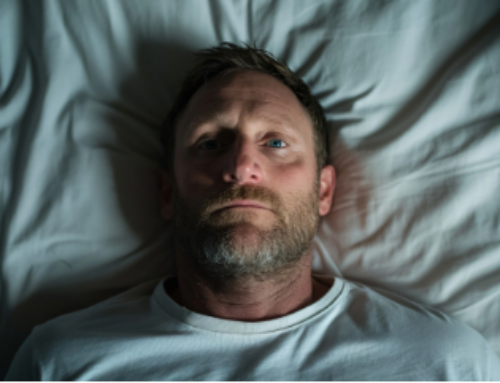Getting a good night’s sleep is crucial for our overall well-being. Did you know it can also play a role in helping you quit drinking alcohol? Learn how sleep can impact your efforts to lead a healthier lifestyle.
The link between sleep and alcohol use
Research studies indicate a bidirectional relationship between sleep and alcohol. This means that poor sleep can contribute to increased alcohol use, while excessive alcohol consumption can disrupt sleep patterns. It becomes a cycle where one negatively influences the other.
Sleep deprivation and alcohol cravings
A lack of quality sleep can lead to poor impulse control, making it more challenging for people to resist the temptation of alcohol.
A study in the journal SLEEP found that after sleeping 1.5 to two hours less than usual, sleep deprived individuals became more impulsive. Additionally, a 2018 study found that young adults may be most susceptible to poor impulse control due to lack of sleep.
Other studies have demonstrated that, after a night of sleep deprivation, people show heightened reward sensitivity. This could, in turn, could make people more susceptible to alcohol cravings.
Alcohol’s impact on sleep
Alcohol can interfere with the natural sleep cycle. While it may initially induce feelings of drowsiness, it disrupts the later stages of sleep, leading to fragmented and less restorative rest. This can create a cycle where people rely on alcohol to fall asleep but end up with poorer quality sleep.
In fact, as many as 20% to 30% of people with insomnia use alcohol as a sleep aid, according to research. While alcohol may initially cause a sedative effect, people can develop tolerance quickly and begin to increase consumption over time. Higher doses of alcohol are disruptive to sleep.
Studies have also found that alcohol can worsen the severity of breathing problems, such as snoring and sleep apnea, during sleep.
Alcohol can also reduce the time spent in REM sleep, especially in the second half of the night, impacting memory consolidation and overall cognitive function.
How improving sleep can aid in quitting alcohol
Breaking the cycle of poor sleep and alcohol use is essential for those looking to quit drinking. Establishing healthy sleep habits or seeking help from an accredited sleep center can contribute to better sleep quality, making it easier to resist alcohol cravings.
Whether you’re aiming to cut back on alcohol or improve your sleep, taking steps to enhance one can positively impact the other, creating a beneficial cycle that supports overall health and well-being.
Medical review by Reeba Mathew, MD
Related:
- Many men are losing sleep to play video games and drink alcohol
- Understanding the relationship between sleep deprivation and addiction
- Night owls may smoke and drink more
- Five drinks to avoid before going to bed





